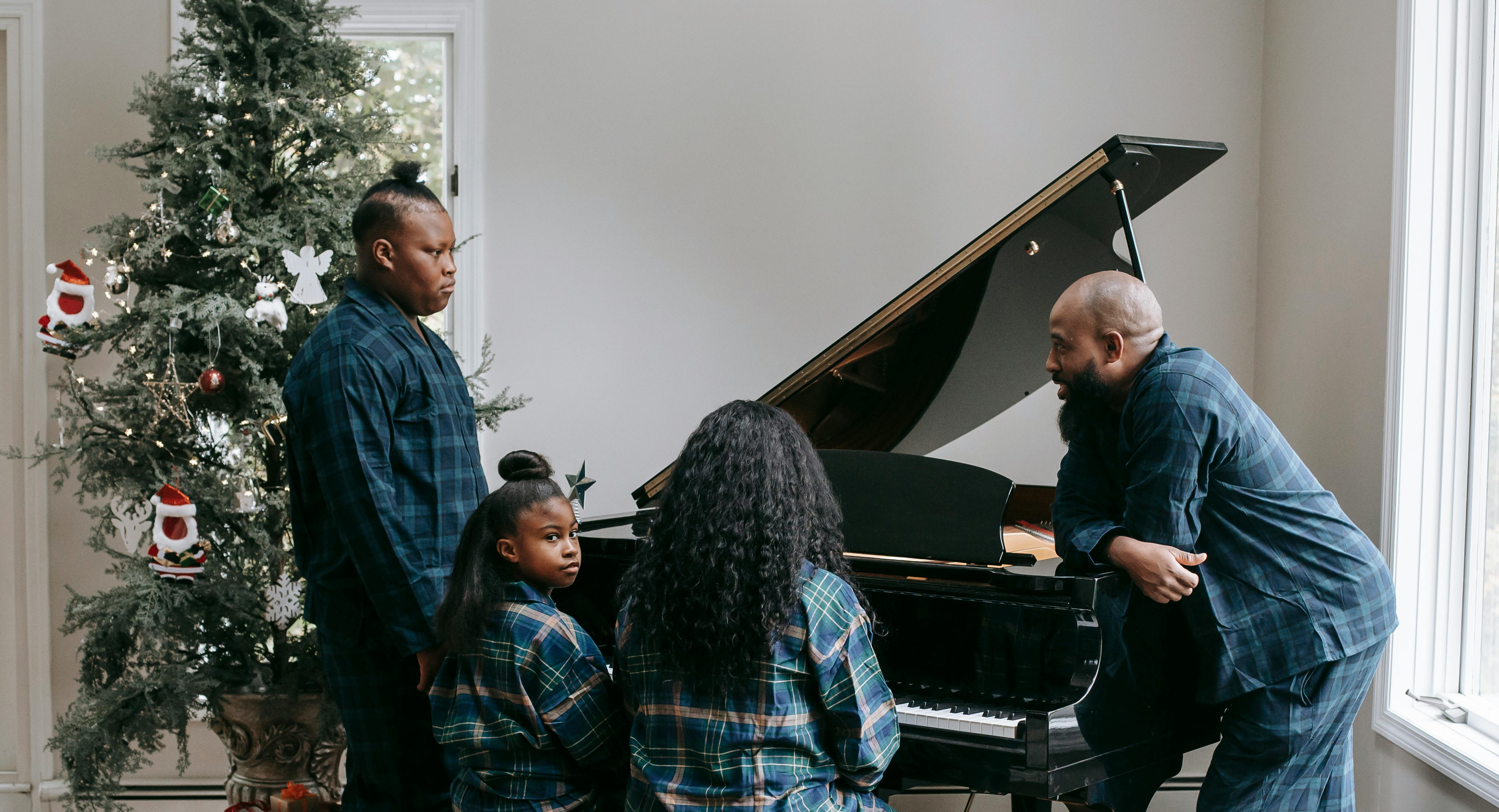Potty training is one of the important milestones in a toddler’s life and in ours as well. It takes a good amount of time for a child to be well trained and it takes a lot of patience and creativity on our part to help them be motivated to use the seat and stop wetting.
The ideal age to start training is 2 years, by which time the child’s bladder and bowel movement are well developed, their motor skills are improved, and their cognitive skills are well established.
But some parents choose to start training early and others opt for late training, which is generally discouraged and linked to many health side effects.
To provide you with a reliable article, I have reviewed a number of books, studies, and interviews conducted with doctors in this field.
You all must be wondering when is considered late potty training? A late potty training is from the age of 3, as most pediatricians and specialists consider the perfect age to be 2 years. But as in any subject we find people who encourage late training and others who ensure that it has considerable side effects on the physical and mental health of children.
Dr. Baruch Kushnir, creator of the children’s DVD “The Magic Bowl: Potty Training Made Easy,” believes that potty training symbolizes progress in gaining independence and control. He warns in an interview on http://www.sheknows.com that: “When a child is not fully potty-trained by the age of four, they become an ‘exception’ and may experience personal embarrassment and disappointment.” You may also be exposed to unpleasant reactions from the social environment…and they can damage a child’s self-image and self-confidence and interfere with his or her developing personality.
I – Advantages:
- Fully developed bladder and stool.
- The child will have achieved his verbal and communication skills.
- A child after the age of 3 can better understand the concept of rewards.
- He can master his motor skills, so pulling his pants up or down and getting on the seat seems a breeze.
- He is emotionally prepared.
II- Cons:
- Our son will be embarrassed to be one of the few children without training that will affect his mental health.
- Physical consequences: When toddlers become dependent on diapers or pull-ups, they don’t learn to recognize the need to go to the bathroom. Their inability to control their bladder and bowels at a young age can affect their bladder and bowel control as they age.
- Late training could lead to bladder control problems and urinary tract infections.
Most pediatricians and child life specialists have agreed that the best age to begin potty training is between 1 1/2 and 3 years. As for the methods to follow, there is no golden rule, the methods change depending on the child we are. and the degree of development that he has reached in all the important skills that he will need to progress in his training.
